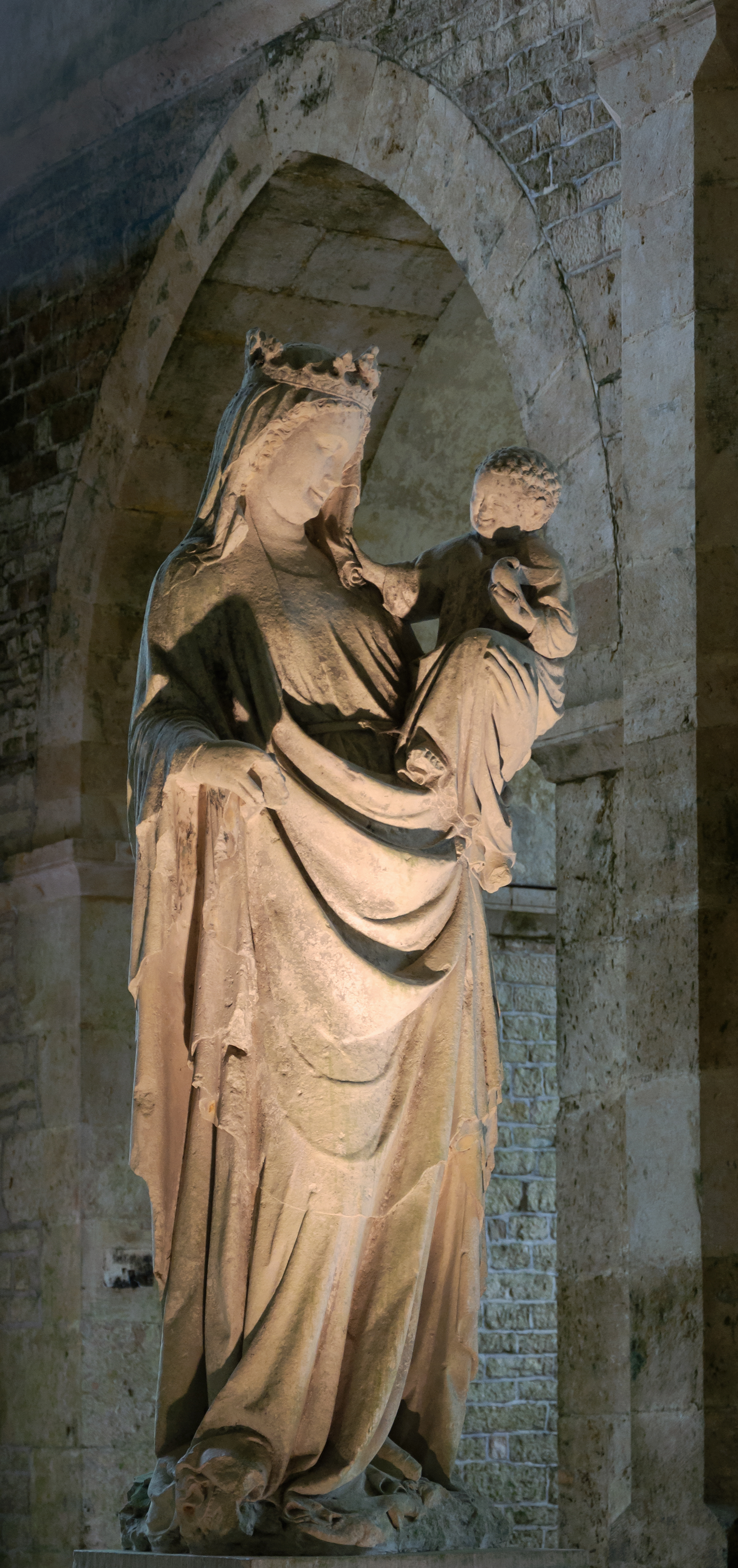David Russell Mosley

English: Vegetable garden at Ham House Estate. In the top left corner of TQ1772.
Date 7 June 2003
Source From geograph.org.uk
Author mym
(CC BY-SA 2.0)
Ordinary Time
St. Hildegaard
The Edge of Elfland
Hudson, New Hampshire
Dear Readers,
The other day a friend of mine posted on his Facebook page about desiring to liberate apples from a neighbor’s neglected orchard. The idea caused him to consider writing a little something about Aquinas on theft in times of need. I’m hoping to convince him to work with me on a project to that effect for a new journal coming out. In the mean time, I wanted to bring to your attention a fascinating passage from the Summa on ownership.
Aquinas writes in Summa Theologiae Question 66 Article 2 about “Whether it is lawful for a man to possess a thing as his own?” According to Aquinas it is lawful for a person to own stuff. Aquinas sees this as good because people are more likely to work for themselves than for others. That is, I’m more willing to do work if it benefits me and my family first rather than doing work for a common pot shared by all. Aquinas also thinks it good if everyone is “charged with taking care of some particular thing himself, whereas there would be confusion if everyone had to look after any one thing indeterminately.” In other words, I’m more likely to care for my home (for instance) since it is mine than I am to care for a common home where everyone is equally responsible but no one is in charge. Finally, Aquinas says its good because it is more peaceful if everyone is responsible for themselves first. He says fighting is more likely “where there is no division of the things possessed.”
Now, you might disagree with Aquinas on these points as to why it is good for a man to own possessions. After all, most monastic orders actually require that no one own anything. Although in these instances, even if no one owns anything in particular (or very little) certain people are set in charge of certain duties. This obviates many of the issues Aquinas says would arise if people didn’t own things in general. Whether or not you agree with the reasons Aquinas gives for private ownership, we probably should agree with him that it is a good thing that people can and should own things. However, Aquinas doesn’t end the conversation here. He starts this whole section by saying, “Two things are competent to man in respect of exterior things.” The above is just the first thing. The second is as follows:
The second thing that is competent to man with regard to external things is their use. In this respect man ought to possess external things, not as his own, but as common, so that, to wit, he is ready to communicate them to others in their need. Hence the Apostle says (1 Tim. 6:17,18): “Charge the rich of this world . . . to give easily, to communicate to others,” etc.
Aquinas nearly subverts everything he has previously said. It is good, he tells us, for men to own personal possessions. Private property is a good, but private use is not. In the answers to the objections Aquinas reiterates this point. The first reminds us that all goods are ultimately common, and that private property is a human addition to natural law. In other words, naturally no one owns anything, or everyone owns everything in common, but in order to maintain peace humanity developed the notion of private property. This however, is not the end of the conversation. In the next two replies Aquinas makes it clear that privately owned goods ought to be of common use. We ought to think of the laws in the Old Testament about leaving some of the grains behind so the widows, orphans, and aliens (i.e. the poor) can gather them for food. The field belongs to the one who owns it, but he does not command the total use of it. He must retain part of it for common use.
This way of thinking flies in the face of much of what we see today. It also explains why American Christians (really all Christians, but I want to focus on my own society), particularly those who take seriously Catholic Social Teaching, can never––if they take these teachings seriously––really fit into any of our political parties. We think it good to own possessions, but it is evil to retain their use solely to yourself. Aquinas even takes it a step further in Question 66 Article 7 by stating that theft is not always sinful, “Nevertheless, if the need be so manifest and urgent, that it is evident that the present need must be remedied by whatever means be at hand (for instance when a person is in some imminent danger, and there is no other possible remedy), then it is lawful for a man to succor his own need by means of another’s property, by taking it either openly or secretly: nor is this properly speaking theft or robbery.” The one who owns anything must help the one who owns nothing. Ultimately this is why it is good for individuals to own possessions privately, in order to help those who have nothing (or little). Private property, but common use.
Sincerely,
David












